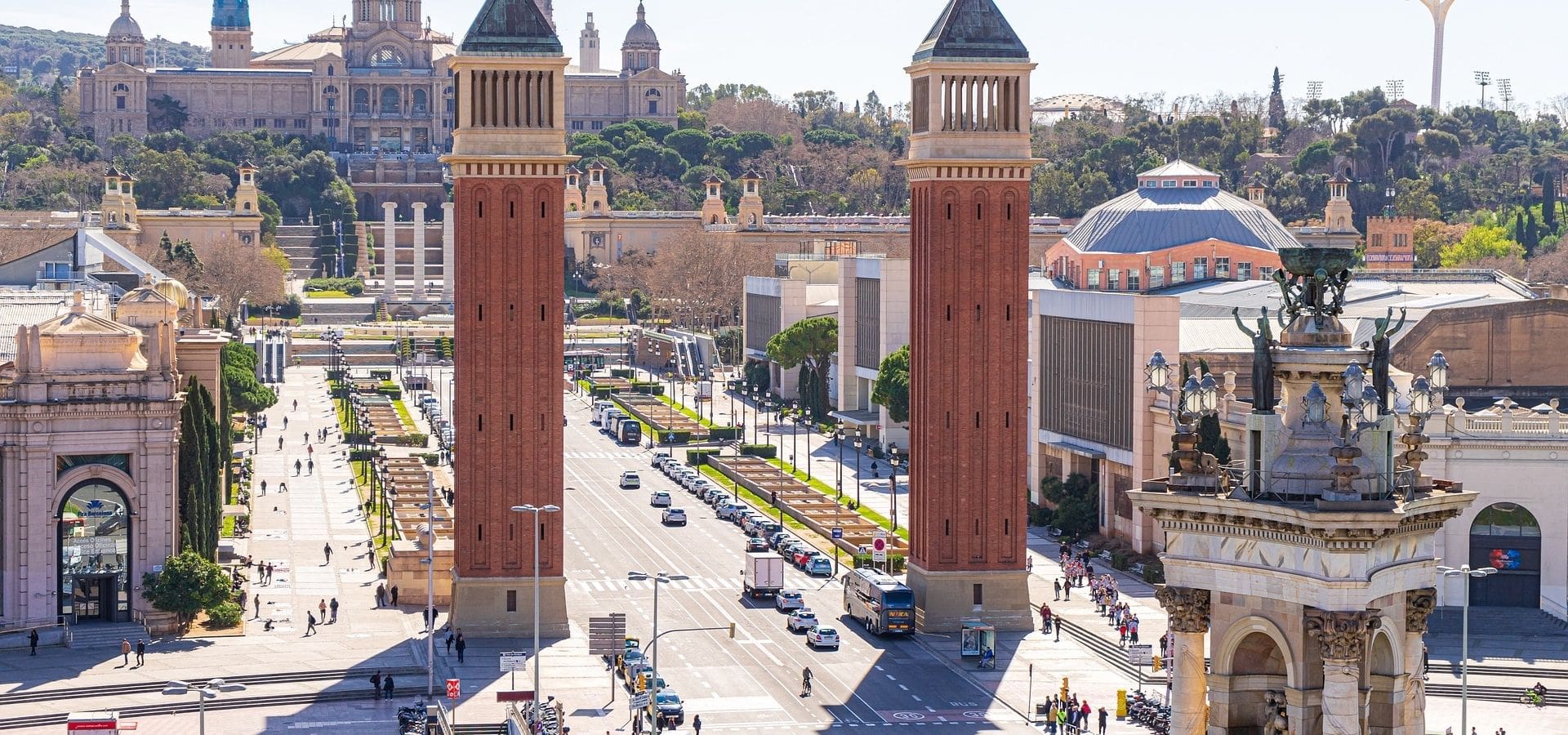Spanish Foreign Policy
The Axes of Spanish Foreign Policy
Spain and the European Union
Since the transition and especially after joining the then European Community in 1986, the European vocation has decisively shaped Spanish foreign policy. This unequivocally pro-European character of the Government of Spain is currently manifested with the incorporation of the European Union into the nomenclature of the Ministry of Foreign Affairs, which is now called the Ministry of Foreign Affairs, European Union and Cooperation.
The European Union is the natural framework for the political and economic development of our country. Spain assumes its responsibilities by promoting a more efficient, more democratic Union, closer to the citizens, capable of responding to the challenges and needs of the new century.
The Lisbon Treaty, signed in 2007 and in force since 2009, created a High Representative of the Union for Foreign Affairs and Security Policy, a position held by the Italian Federica Mogherini, a European External Action Service (EEAS), a true diplomatic service European Union, and endowed the EU with its own legal personality and the capacity to enter into agreements with States and international organizations.
Spain actively contributes to the development of the EEAS by promoting the incorporation of Spanish officials both in the central services of the EEAS in Brussels and in the EU Delegations abroad.
Spain and Latin America
Ibero-America is the other traditional pillar of our foreign policy. The deep ties between Spain and the region determine that, in addition to being the main destination for the internationalization of the Spanish economy, our European partners require an active role from Spain as a bridge for their activity on the continent.
The Ibero-American Conference of Nations, created in 1991 at the initiative of Mexico and Spain, brings together all the Spanish and Portuguese-speaking countries of Europe and America. Last November, the last meeting of this organization took place in the city of Antigua (Guatemala), showing the Government’s commitment to it.
In 2012, Spain became the first European country to obtain observer status in the Pacific Alliance and was present at the recent Alliance Summit in Chile in June 2017.
Spain has supported the different economic, political and commercial integration processes such as the Union of South American Nations (UNASUR), the Central American Integration System (SICA) or the Southern Common Market (MERCOSUR) and observes with interest the new integrating impulses that are developing in the region such as the Community of Latin American and Caribbean States (CELAC).
The closeness of relations between Spain and the countries of Latin America is clearly reflected in the recent official trips of the President of the Government to Chile, Bolivia, Colombia, Costa Rica, Guatemala and Cuba, the first by a Spanish head of Government in 32 years, and in the planning of a future visit by His Majesty the King in the framework of the V Centenary of the Havana Foundation.
Another example of our commitment to the region is the extensive presence of the Cervantes Institute in Brazil with offices in: Brasilia, Sao Paulo, Rio de Janeiro, Belo Horizonte, Curitiba, Porto Alegre, Salvador de Bahía and Recife, or the extensive network of Centers Cultural and Training Centers of the AECID throughout Latin America.

Spain and the Maghreb
The Maghreb is receiving increasing attention from Spanish foreign policy. If Morocco and Algeria were always a priority, now Mauritania, Tunisia and Libya also share that rating, mainly for energy and security reasons.
The depth of relations between Spain and the Maghreb has been consolidated over time through the signing of Treaties of friendship, good neighborliness and cooperation with Morocco (1991), Tunisia (1995) and Algeria (2002), as well as a Political Consultation MoU with Mauritania (2015). With these countries, Spain maintains an intense political dialogue. The periodic holding of High Level Meetings with Morocco and Algeria, and of political consultations with Tunisia and Mauritania, accompanies the development of bilateral relations. On the other hand, there are frequent trips by ministers and senior officials in which issues of bilateral interest and the international agenda are examined.
From an economic perspective, Spain maintains strong ties with the Maghreb. Trade relations and investments are of particular importance both in Morocco (Spain is Morocco’s first trading partner since 2012, and it is also the first African and Arab destination for Spanish exports, with 20,000 Spanish companies operating), and in Algeria. The region is our main energy supplier.
Security in the region is a concern shared by Spain and the countries of the region. For this reason, the Spanish authorities work with their Maghreb counterparts to identify and prevent risks and cooperate in the police and judicial sphere. Bilateral and European cooperation is reinforced with regional cooperation processes such as the Union for the Mediterranean (UfM) and the 5 + 5 Dialogue, which have favored political consultation and sectoral cooperation between the two shores of the Mediterranean. This dialogue is also favored by the work of the nine Cervantes Institutes in the region, of which six are located in Morocco, and by the activities organized by Casa Árabe in Madrid and Córdoba and Casa del Mediterráneo in Alicante.
Spain and the United States
The global presence of the United States (USA) and its central economic role make the transatlantic relationship one of the most important for Spain.
Spanish investments in the United States have increased substantially in recent years. Currently, Spain is one of its main investors, with more than 700 Spanish companies, which generate 75,000 direct jobs and some 300,000 indirect ones. The companies range from sectors such as renewable energy, banking or fashion, to infrastructure and public works, financial services and medicine.
Spanish is the second most widely spoken language in the US with 55 million Spanish-speakers (just over 17% of its population), and it is the most studied foreign language, both in secondary and higher education. The Instituto Cervantes has offices in Albuquerque, Chicago and New York, in addition to the Aula Cervantes Seattle.

